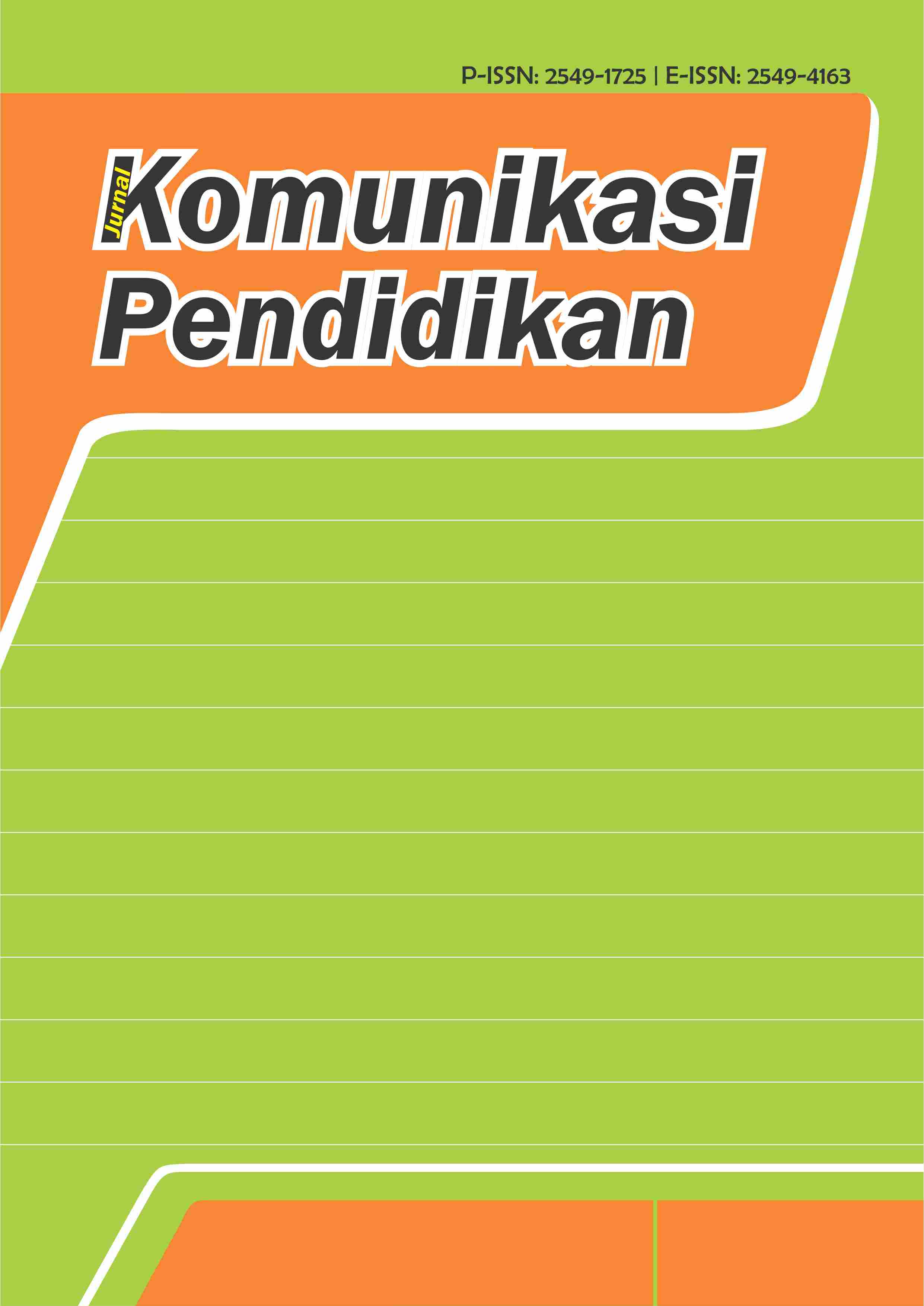The Effect of Teachers' Motivation and Communication Style on Increasing Students' Interest in Learning Mathematics
DOI:
https://doi.org/10.32585/jurnalkomdik.v7i2.3291Abstract
This research investigates the impact of teacher motivation and communication style on students' interest in learning Mathematics. The background of the study highlights the critical role of these factors in enhancing student engagement and academic performance. The aim is to analyze the specific effects of teacher motivation and communication style on the learning interests of students. Utilizing a quantitative research method, data were gathered from 91 students through a questionnaire based on a 5-point Likert scale. The analysis employed multiple linear regression tests to assess the relationships. The results indicated that both teacher motivation and communication style significantly influence students' interest in Mathematics, both individually and collectively. The conclusion drawn from the study suggests that teachers should consistently provide motivation and maintain an effective communication style in the classroom to foster higher student interest in learning. Specifically, demonstrating openness in communication can create a comfortable learning environment, thereby enhancing students' engagement and interest in Mathematics. This research contributes to the education field by providing empirical evidence on the importance of teacher-student interactions in promoting academic interest and performance.
Downloads
Downloads
Published
How to Cite
Issue
Section
License
Copyright (c) 2023 Nurfitri Yana, Husnita Husnita

This work is licensed under a Creative Commons Attribution-ShareAlike 4.0 International License.
Authors who publish with the Jurnal Komunikasi Pendidikan agree to the following terms:
- Authors retain copyright and grant the journal the right of first publication with the work simultaneously licensed under a Creative Commons Attribution License (CC BY-SA 4.0) that allows others to share the work with an acknowledgment of the work's authorship and initial publication in this journal.
- Authors are able to enter into separate, additional contractual arrangements for the non-exclusive distribution of the journal's published version of the work (e.g., post it to an institutional repository or publish it in a book), with an acknowledgment of its initial publication in this journal.
- Authors are permitted and encouraged to post their work online (e.g., in institutional repositories or on their website) prior to and during the submission process, as it can lead to productive exchanges, as well as earlier and greater citation of published work.





